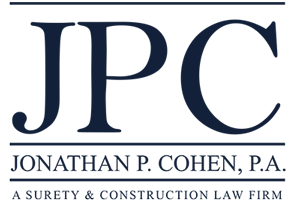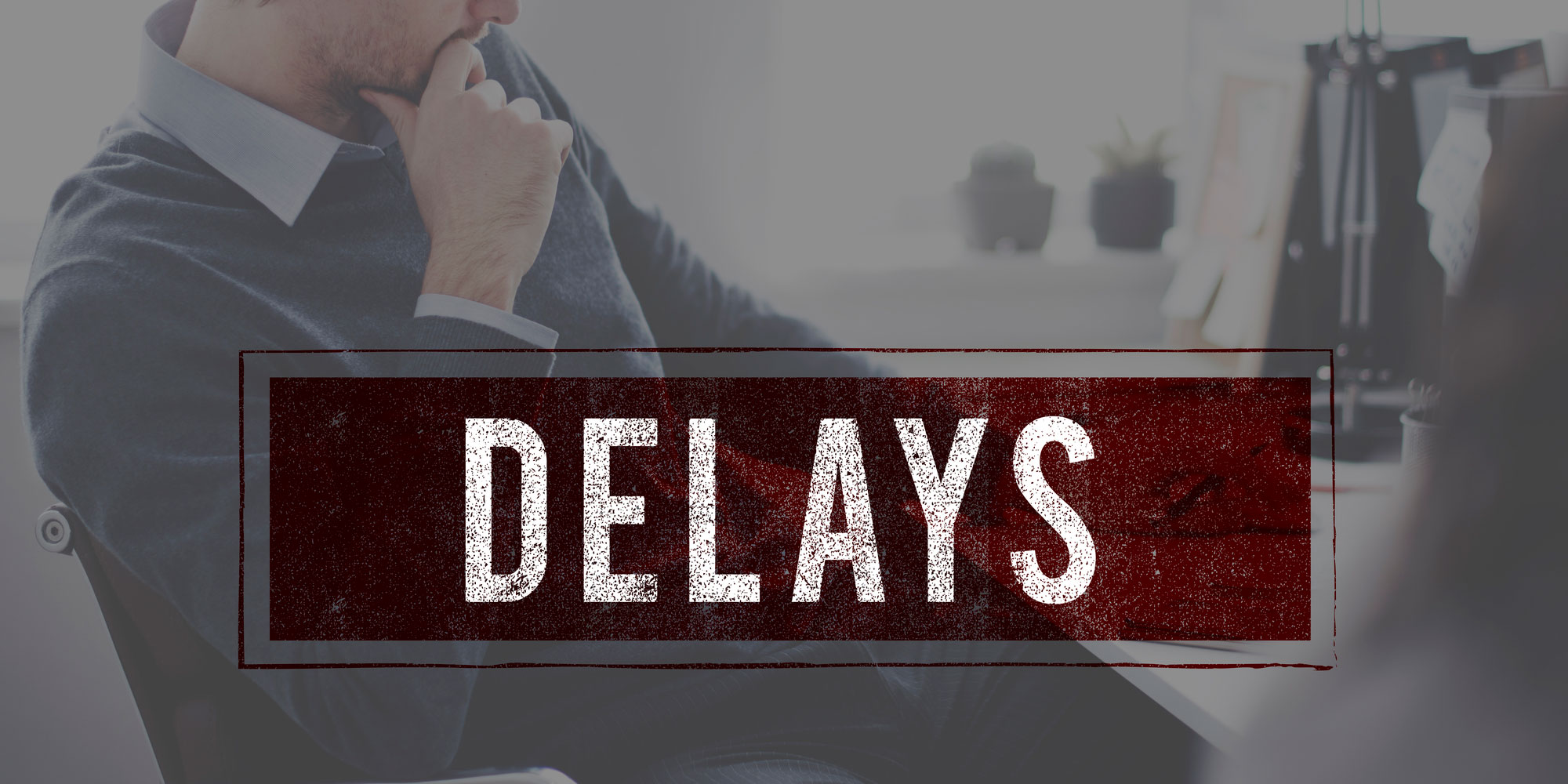In Florida, a type of provision that is commonly included in construction contracts is a no damages for delay clause. This type of clause is typically included to clarify the parties that will carry the risk when delays in the project occur, and it bars contractors from seeking compensation when they incur losses caused by delays in a project. Courts in Florida have held that no damages for delay clauses are enforceable, but there are certain exceptions. Here’s some information from Fort Lauderdale construction lawyer Jonathan P. Cohen, Esq. about no damages for delay clauses and the exceptions that might apply.
What Is a No Damage for Delay Clause?
A no damages for delays clause aims to protect property owners against contractor claims for losses resulting from disruptions and delays when the parties control them. While courts have held that these clauses are enforceable, there are a few recognized exceptions you should know in case you have experienced losses caused by delays and have this type of clause in your contract.
What Factors Affect Enforceability?
No damages for delays clauses are not specifically addressed in the Florida Statutes. Instead, courts look at precedents to determine the enforceability of this type of provision. When analyzing no damages for delays clauses, courts look at the following factors:
- Whether the language of the contract is specific about the types of delays covered by the clause
- Type of damage incurred and how they affect the overall project
- Whether the type of delay was one that the parties could have reasonably anticipated
If the delay is specifically listed in the contractual provision, the court is likely to find that the parties should have reasonably anticipated it and find the clause enforceable. This would mean that the contractor would not be able to recover compensation from the property owner, and it could also prevent a subcontractor from seeking compensation from the general contractor for its resulting losses.
Exceptions to Enforceability of a No Damage for Delay Clause
There are certain exceptions to an otherwise enforceable clause. These exemptions include the following:
- When the protected party interferes with the contractor’s performance or engages in other types of project-related misconduct
- When the protected party engages in fraud, it won’t be able to rely on the clause to avoid paying damages
- When the protected party engages in willful concealment of information that affects the contractor’s ability to timely perform the project
In a recent case, the court found that a no damages for delay clause didn’t bar a contractor from recovering damages. The case, Sarasota County v. Southern Underground Industries, Inc., Case No. 2D20-2491 (Fla. 2d DCA 2022), dealt with a delay that was caused when the county suspended work on the project. The county issued a stop work order after a homeowner living next to the project complained about vibrations from drilling during the project. The contractor hired an engineer that found that the damage to the adjacent property was only cosmetic and that the vibrations were within the accepted levels. Despite the contractor’s offer to fix the damage, the adjacent homeowner refused. The county continued the suspension for two more months. The contractor filed a claim with the county for compensation for the two additional months, but the county rejected it and argued that the contractor was barred from seeking damages because of the no damages for delay clause in the contract.
The court found in favor of the contractor and awarded damages of $638,000. The court found that the county actively interfered in the contractor’s performance for a long period after it had been determined that it was safe to proceed.
What Contractors Should Do
There are a few things contractors should do to protect themselves, including the following:
- Carefully review contracts and look for the inclusion of this type of clause.
- Negotiate the clause and request specific definitions of the potential exceptions.
- Document the impact of any actions the owner might take, including interference, misconduct, concealment, or fraud.
Talk to a Fort Lauderdale Construction Lawyer at Jonathan P. Cohen, P.A.
If your contract includes a damages for delay clause, and you have incurred losses because of delays caused by the actions of the project owner, you should consult attorney Jonathan P. Cohen, Esq. about your options. Call us at (954) 462-8850 to schedule an appointment.
The information provided in this article does not, and is not intended to, constitute legal advice. The content in this article is presented for general informational purposes only.

